When Do Bedlington Terriers Stop Growing: A Comprehensive Guide
Bedlington Terriers typically stop growing around 12 to 14 months of age. This breed reaches its full size physically and mentally during this growth period.
The growth rate of a Bedlington Terrier can vary due to genetics, diet, and overall health. Providing well-balanced nutrition, regular exercise, and routine veterinary care is essential to ensure your Bedlington Terrier reaches its optimum size and avoids potential health issues that could impact its growth.
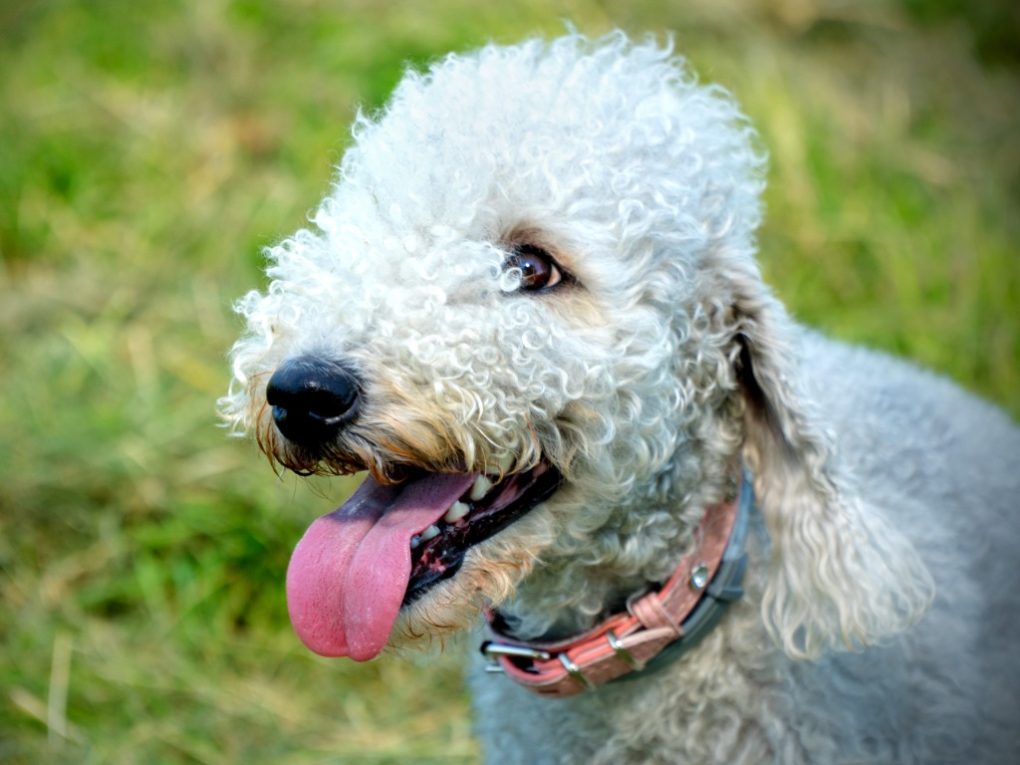

During the first few months of a Bedlington Terrier’s life, they will experience rapid growth. By the time they reach five months of age, they will have reached adolescence, and by eight to nine months, they will have reached sexual maturity. Full mental maturity is typically reached at around 15 months, although most Bedlington Terriers will retain their playful puppy-like behavior for a few months into adulthood.
Monitoring a Bedlington Terrier’s growth is important to ensure they are developing normally. If a dog is not growing at the expected rate or experiencing unusual symptoms, it’s important to consult a veterinarian.
In addition to genetics, factors such as diet and exercise can also play a role in a Bedlington Terrier’s growth. A balanced diet and regular exercise can help ensure a dog is growing and developing properly.
Table of Contents
Factors That Affect Bedlington Terrier Growth
Bedlington Terriers are small-sized dogs that typically reach their full adult size between 14-16 months from birth to full maturity. However, several factors can influence their growth rate, including genetics, nutrition, and environment.
Genetics plays a significant role in determining the size and growth rate of Bedlington Terriers. They are a crossbreed of several dog breeds, including the Poodle, Whippet, Dandie Dinmont Terrier, and Rothbury Terrier. As a result, their growth rate and size can vary depending on the dominant genes they inherit from their parents.
Nutrition is another crucial factor that affects the growth rate of Bedlington Terriers. A balanced diet with the right amounts of proteins, calcium, vitamins, minerals, and carbohydrates is essential for their growth and development. Feeding them high-quality dog food that meets their nutritional needs can help them grow healthy.
Environmental factors such as exercise, stress, and overall health can also impact the growth rate of Bedlington Terriers. Regular exercise and playtime can help them develop strong muscles and bones, while stress and illness can slow their growth.
Several factors can affect Bedlington Terriers’ growth rate, including genetics, diet, exercise, and environment. While genetics play a major role, a balanced diet, regular exercise, and a healthy environment are all important.
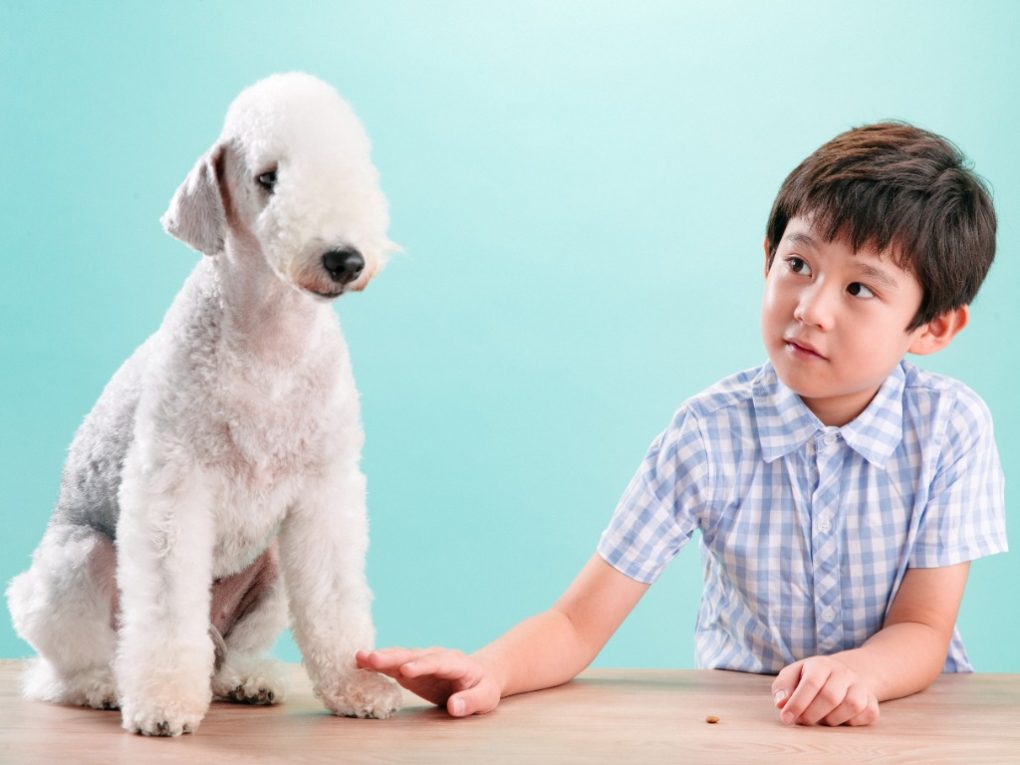

Bedlington Terrier Growth Stages
Bedlington Terriers are a small breed of dog that typically reach their adult size within the first year of life. The growth stages of a Bedlington Terrier can be categorized into six distinct stages: Neonatal, Transitional, Socialization Period, Juvenile Period, Adolescent Period, and Maturity.
Neonatal Period
The Neonatal Period of a Bedlington Terrier lasts from birth until around two weeks of age. During this time, puppies completely depend on their mother for warmth, food, and care. They are born with closed eyes and ears and cannot regulate their body temperature. Puppies in this stage will double their birth weight and start to open their eyes.
Transitional Period
The Transitional Period of a Bedlington Terrier lasts from two to four weeks of age. During this time, puppies become more aware of their surroundings and will begin to interact with their littermates. They will start developing their senses, such as hearing and vision, and start to stand and walk.
Socialization Period
The Socialization Period of a Bedlington Terrier lasts from four to twelve weeks of age. During this time, puppies will become more social and start interacting with humans and other animals. They will learn important social skills, such as bite inhibition and playing nicely with others. This is a crucial stage in a puppy’s development, as it sets the foundation for their behavior as an adult.
Juvenile Period
The Bedlington Terrier’s Juvenile Period spans from three to six months old. During this stage, puppies will start to lose their baby teeth and develop their adult ones. They will also become more independent and curious about their surroundings. This is an opportune time to begin training and socializing your puppy.
Adolescent Period
The Adolescent Period of a Bedlington Terrier lasts from six to twelve months of age. During this time, puppies will continue to grow and develop, but at a slower rate. They will start to become more sexually mature and may start to exhibit some adult behaviors. This is a good time to continue training and socializing your puppy.
Maturity
Bedlington Terriers typically reach their full size and maturity by around twelve months. Male Bedlington Terriers will typically be slightly larger than females. Therefore, it is important to continue to provide your adult Bedlington Terrier with proper nutrition and exercise to maintain their health and well-being.
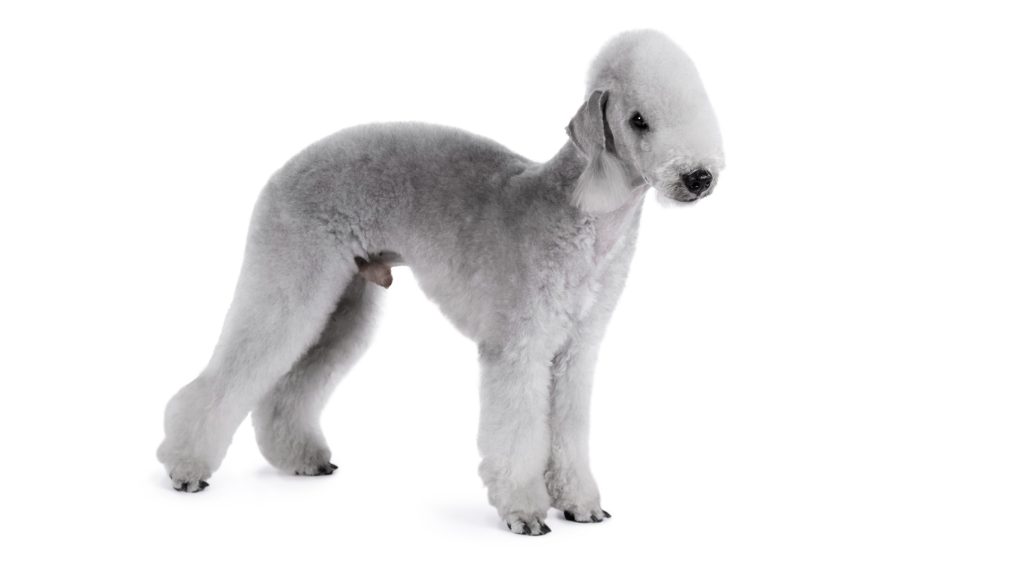

Bedlington Terrier Exercise Requirements
Bedlington Terriers are an athletic breed that requires regular exercise to maintain physical and mental well-being. They have a lot of energy and need to burn excess energy through daily exercise and play periods. Here are some Bedlington Terrier exercise requirements to keep in mind:
Regular Exercise Schedule
Bedlington Terriers should have a regular exercise schedule that includes at least one brisk daily walk of at least 30 minutes. They also need sporadic bouts of more vigorous exercise throughout the week to keep them happy. Allowing them to run and play off-leash in a secure area is an excellent way to burn off their excess energy.
Jogging Companions
Bedlington Terriers can make great jogging companions. They have a lot of stamina and can keep up with a moderate pace. However, it’s important to ensure they are adequately trained to jog on a leash and gradually build up their endurance.
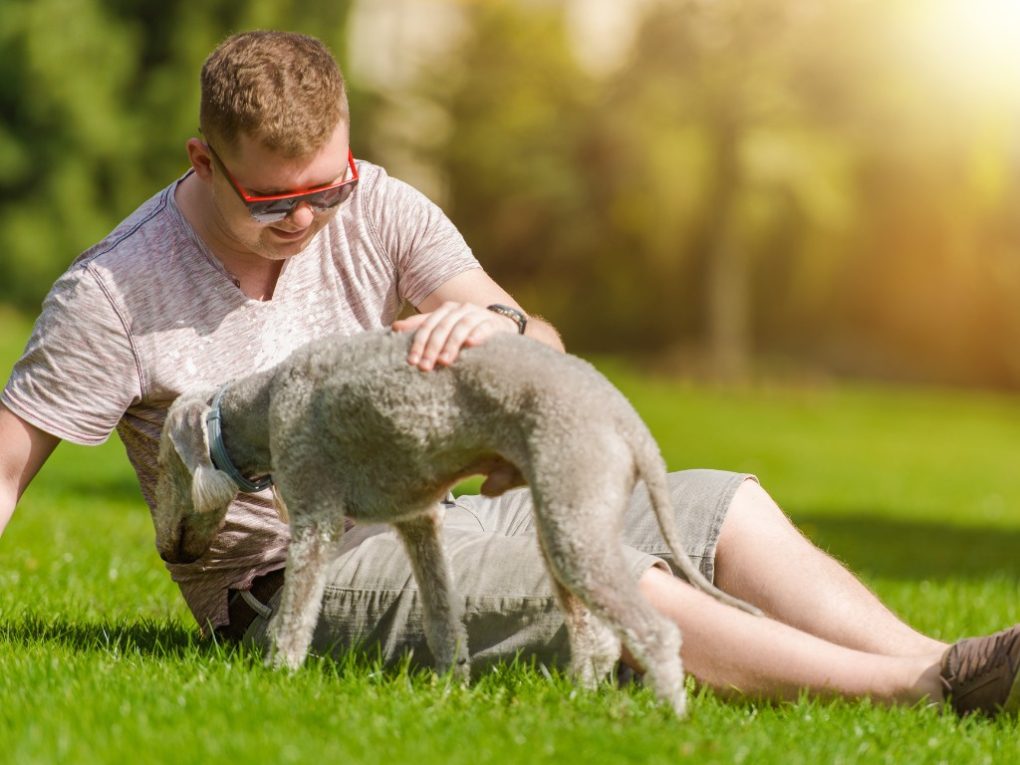

Chew Toys
Bedlington Terriers love to chew, and providing them with various chew toys is an excellent way to keep them mentally stimulated and prevent destructive chewing behavior. Make sure to choose chew toys appropriate for their size and chewing habits.
Brushing
Bedlington Terriers have a unique coat that requires regular brushing to prevent matting and tangling. Keep their coat healthy and shiny by brushing it at least once a week.
Crates
Bedlington Terriers can benefit from crate training, providing them a safe and comfortable space to rest and relax. Make sure to choose a crate that is appropriately sized for your dog and provide them with plenty of comfortable bedding.
Agility and Trial
Bedlington Terriers are an athletic breed that enjoys agility and trial activities. These activities can provide them with mental and physical stimulation and help them build their endurance and confidence.
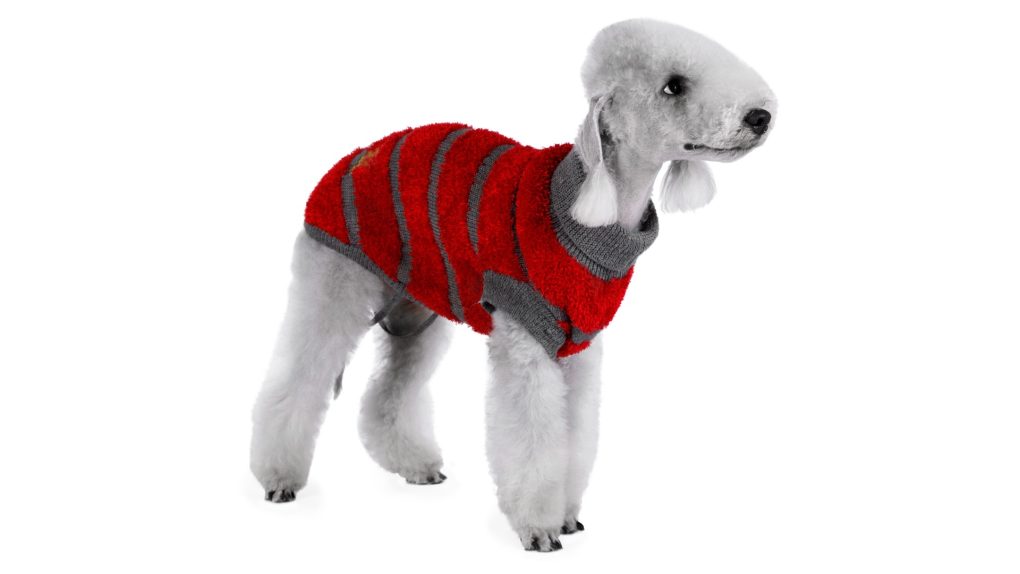

Bedlington Terriers require regular exercise to maintain their physical and mental well-being. Providing them a regular exercise schedule, chew toys, brushing, and a comfortable crate can help keep them healthy and happy. Additionally, engaging them in agility and trial activities can provide mental and physical stimulation.
